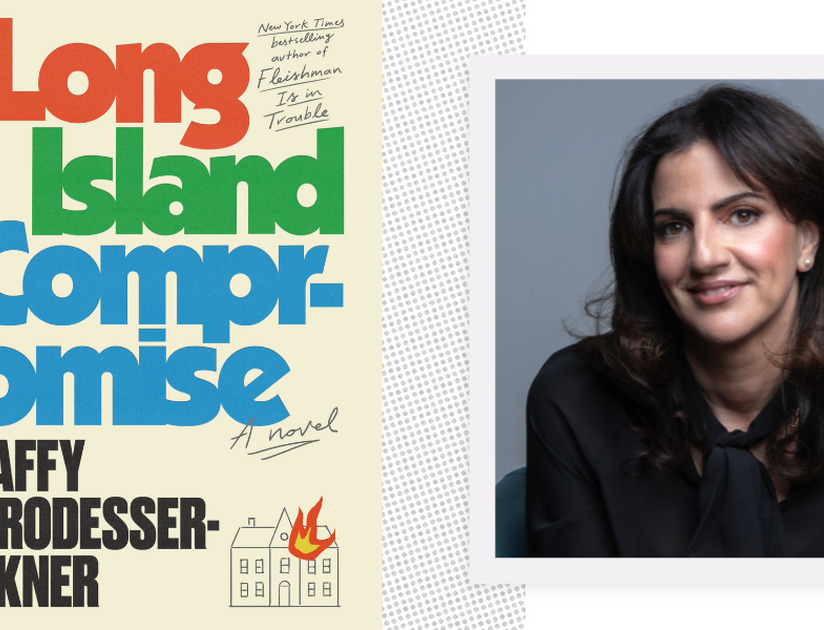
Taffy Brodesser-Akner, a celebrated writer, has shifted her focus from splashy celebrity stories to delving into the complex topic of trauma. In her latest book, she introduces the Fletchers, a wealthy family on Long Island who are struggling to cope with the aftermath of a traumatic event that happened to their patriarch. With her own career evolving, Brodesser-Akner discusses the unexpected direction her work has taken and the realization that her book is more about trauma than money.
In an interview, Brodesser-Akner reflects on the impact of trauma and the difficulties of unpacking it. She shares a humorous moment during the interview when a stranger enters her hotel room unannounced, causing both her and the interviewer to burst into laughter. The experience highlights the absurdity of life and the role trauma plays in shaping our reactions.
Brodesser-Akner explains that her transition away from celebrity profiles was prompted by her desire to embed herself in the same environments she once interviewed. However, she acknowledges the impact these profiles had, particularly when she adapted one into an Emmy-nominated TV series. She also discusses the role of trauma in her own life, including the harrowing experience of giving birth to her first child.
The author opens up about the challenges she faced while writing her second book, admitting that the process left her feeling broken. Despite initial doubts, the book garnered a lot of attention and generated bids for a Hollywood adaptation. Brodesser-Akner reflects on the unpredictability of success in artistic careers and the fear of not knowing whether a piece of work is good or not.
Brodesser-Akner explores the cultural fascination with stories of rich people behaving badly, acknowledging that it can stem from both jealousy and fear. She notes that the middle class's disappearance and the societal changes in recent decades have affected how people view these stories. She also touches on the current crisis surrounding making money and how her book addresses this issue head-on.
When asked about her approach to writing, Brodesser-Akner discusses her identification with the characters she creates. She reveals that each character in her book represents a different aspect of herself, reflecting her anxieties, appetites, apathy, and desire to run away. She emphasizes that pain is valid regardless of its source and rejects the notion that trauma is overused.
As for her future in celebrity profiling, Brodesser-Akner shares her sadness at no longer being able to write these profiles, despite it being her favorite thing to do. She attributes this change to her current position in the industry and the impact that writing about someone can have. She offers advice for young writers, encouraging them to focus on their document and maintain a private relationship with it, free from the pressure of branding and public perception.
In conclusion, Taffy Brodesser-Akner's career has taken a new direction, exploring the complexities of trauma and leaving behind the world of celebrity profiles. Her writing delves into the depths of pain and resilience, offering an unflinching portrayal of the human experience.

















